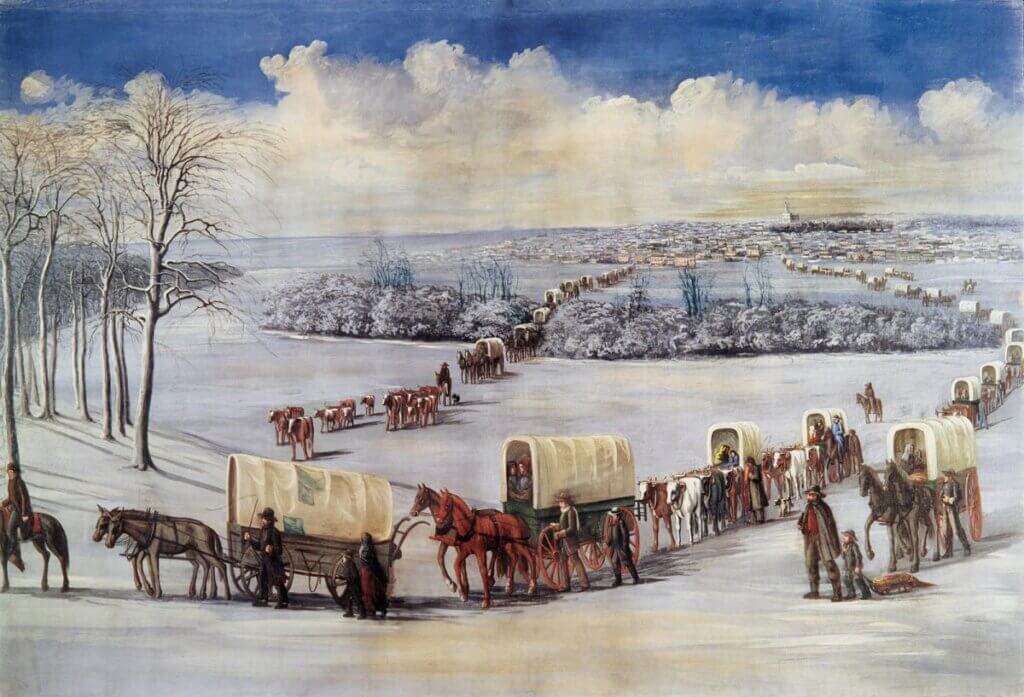A Day of Small Things
When the angel of the Lord asks, “Who has despised the day of small things?” (Zechariah 4:10), he is speaking of less-than-glorious conditions under which Jewish returnees from exile in Babylon sought to reestablish Jerusalem and its temple. In comparison to the prophesied end-time restoration of all twelve tribes of Israel, what has been called […]
A Day of Small Things Read More »













